PM Mitsotakis, President Erdogan in Ankara: We can still collaborate despite our disagreements
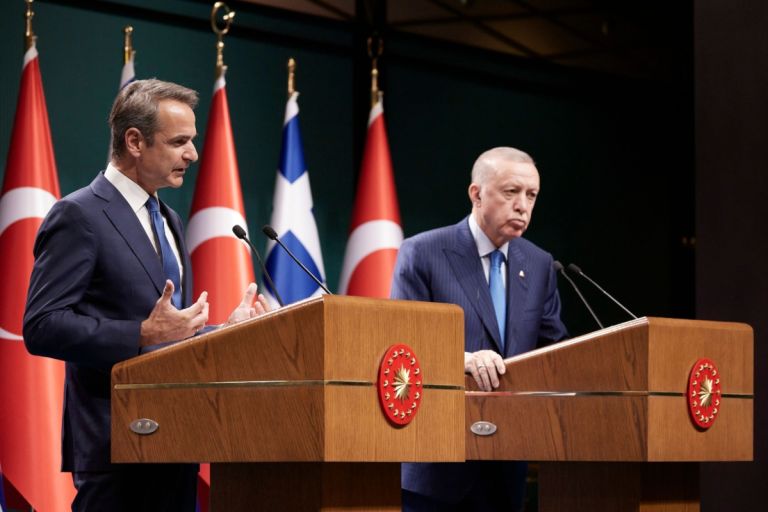
Πηγή Φωτογραφίας: ΓτΠ//Both Greeks and Turks are now enjoying the results of a significant initiative, allowing Turkish citizens to travel to 10 Greek islands with a quickly issued visa, he noted.
Greece and Türkiye can “establish an approach of mutual understanding not as an exception, but as a productive normalcy that is not annulled by the well-known differences in our positions,” Greek Prime Minister Kyriakos Mitsotakis said after meeting in Ankara with Turkish President Recep Tayyip Erdogan on Monday.
In joint press statements, he said their meeting, the fourth in the last ten months, was proof of that, and he underlined that it was a positive development at a difficult time for international peace and stability in the region. “This approach has already led to tangible results with great benefit,” Mitsotakis added, referring among others to the agreement to found a business council.
Both Greeks and Turks are now enjoying the results of a significant initiative, allowing Turkish citizens to travel to 10 Greek islands with a quickly issued visa, he noted.
Speaking of the migration issue, the Greek premier said the collaboration with Türkiye on illegal flows and human traffickers and “must continue and be intensified.” He added that both countries “have been pressured by migrations and Greece always agreed and continues to agree to Türkiye’s funding by the European Union.”
Mitsotakis referred to the Greek Muslim minority in Thrace, noting, “The minorities in our countries that are defined by the Lausanne Treaty comprise a bridge of friendship. The Lausanne Treaty explicitly foresees the definition of the minority as a religious one, and the practical interest in its welfare is confirmed by the practical compliance with the principles of equality and equity, and by adopting specific measures that Muslims in our country enjoy.” The Greek PM added that “it would be a welcome fact if the continuously shrinking Hellenism in Türkiye experienced the same flourishing.”
The Greek premier said he also raised the issue of the conversion of Chora Monastery in Istanbul to a mosque. “We had the opportunity to discuss our sadness, our protest for the fact,” he said, adding that “at the very least, it is very important to preserve the monument’s unique cultural value, so that it may be open to visits by all.”
In terms of developments in Ukraine and the Middle East, Mitsotakis said, “We do not always agree with Türkiye on issues related to the Middle East. Athens’ position is that Israel has every right to defend itself. However, we do agree on that the asymmetric use of force and bloodshed in the region must end and lead to a lasting ceasefire, on protecting the civilians of Gaza, and on freeing the hostages. We agree that it would be a colossal error to attack Gaza by land. The only viable solution is the return to a political process and the two-state solution.”
Speaking of the Cyprus issue, the Greek premier said “obviously we disagree, but the antidote to the impasse is dialog, nothing else,” and he said the special envoy of the UN Secretary General must be given time. Greece has supported and continues to support Türkiye’s European prospects, as long as the European acquis is respected.
Future meetings
“Today we showed that next to our established differences of opinion we can still proceed in parallel with our agreements,” he added, speaking of the agreements signed in Ankara on Monday. “We wish to intensify our bilateral contacts and continue on the positive path,” he said. The Greek premier also noted that he and Erdogan would meet bilaterally again, possibly at the NATO Summit in Washington in July, and definitely in the framework of the UN General Assembly meeting in New York in September, as well as at the Greece-Türkiye High-Level Cooperation Council to be scheduled at the end of the year.
When President Erdogan said they disagreed on calling Hamas a terrorist organization, Mitsotakis responded, “Let us agree we disagree on this issue, but agree on the need for an immediate ceasefire and, above all, on protecting the civilian Palestinians.” Erdogan responded, “That can be done.”
President Erdogan
On his part, Turkish President Erdogan said that the two countries, “despite our disagreements, we are keeping our communications channels open and focusing on the positive agenda.”
Erdogan said that boosting the spirit of collaboration between Türkiye and Greece would benefit the entire region. “I shared my belief that there is no problem between Greece and Türkiye that cannot be resolved. It is about a process. It must proceed meticulously, in order to provide more results. […] In our meetings, we discussed the interrelated problems in Greek-Turkish relations. We are committed to our will to resolve our issues in the framework of sincere dialog, good neighborliness, and international law.”
Greece and Türkiye are working to increase bilateral trade from the 6 billion dollars it was last year to 10 billion dollars, the Turkish president said. He also announced the signing of an agreement to found the Greek-Turkish Business Council, and two more agreements on collaboration in natural disasters and in the sector of health. Fighting terrorist organizations is a priority of the bilateral agenda, Erdogan noted, adding that cooperation with Greece on that issue was becoming stronger.
Commenting on the conversion of Chora Monastery to a mosque, the Turkish leader noted that Türkiye is a model country in terms of protecting cultural heritage. “We turned over the Kariye mosque to religious worship and to visitors after works of meticulous restoration following our decision in 2020. We attach great significance to the protection of every work that is a UNESCO asset, and its return for use by our nation and all of humanity. The Kariye mosque is open to all,” he underlined.
Erdogan also referred to the Greek Muslim minority in Greece as ‘Turkish’ and said he saw it as a human bridge between the two cultures. “We expect that the positive atmosphere in our relations contributes to the satisfaction of the rights of the Turks and expatriates in Greece,” he said, while on the Cyprus issue he added that a just and permanent solution on Cyprus – “based on the realities on the island” – will contribute to stability and peace in the entire region.
Διαβάστε όλες τις τελευταίες Ειδήσεις από την Ελλάδα και τον Κόσμο







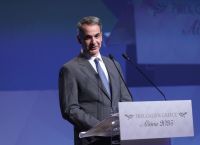
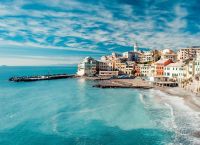
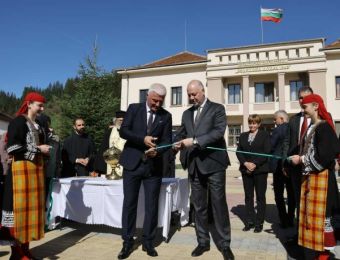
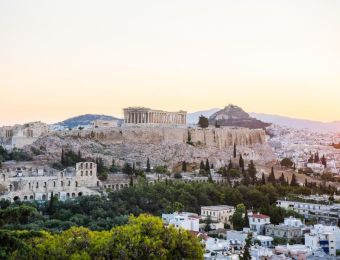

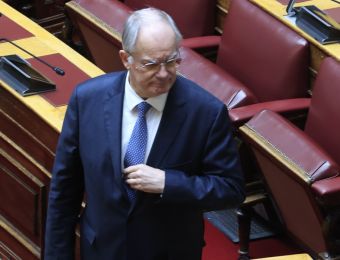
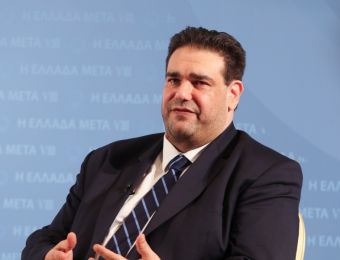
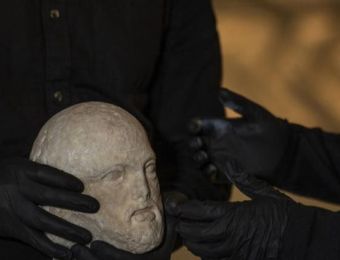
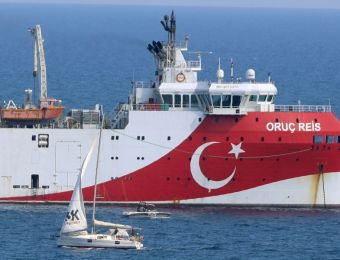

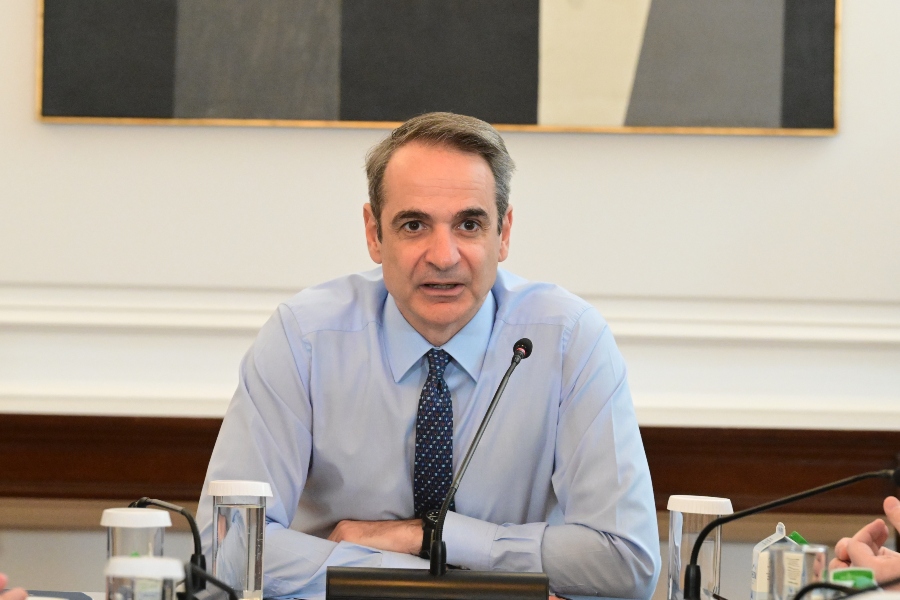

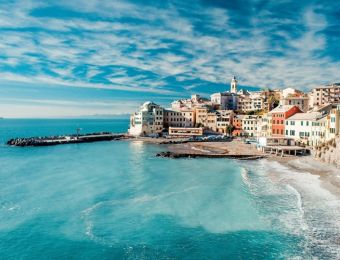
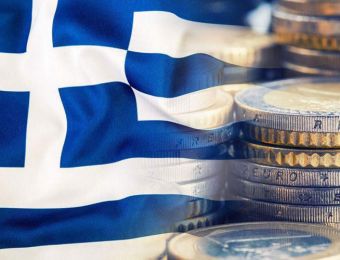
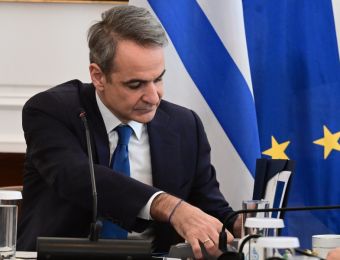
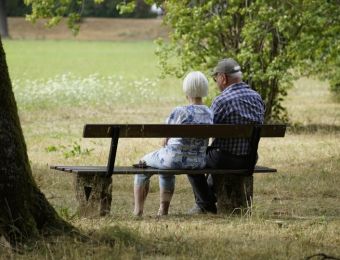


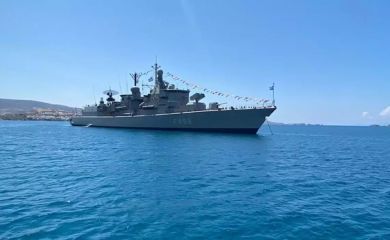
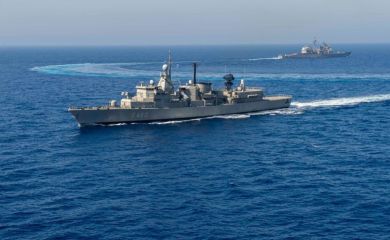
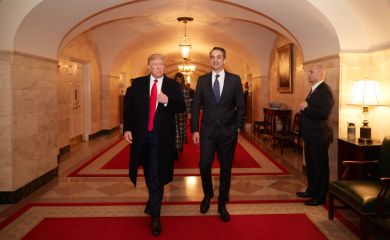
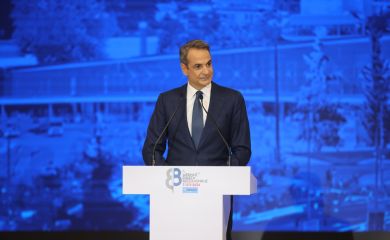
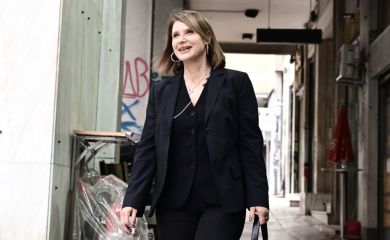

Το σχόλιο σας